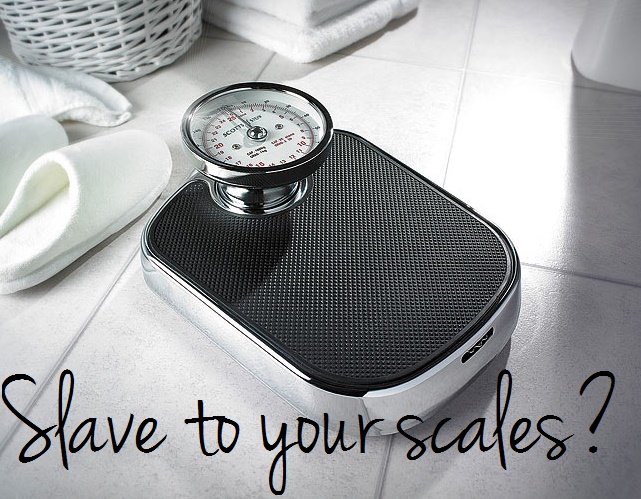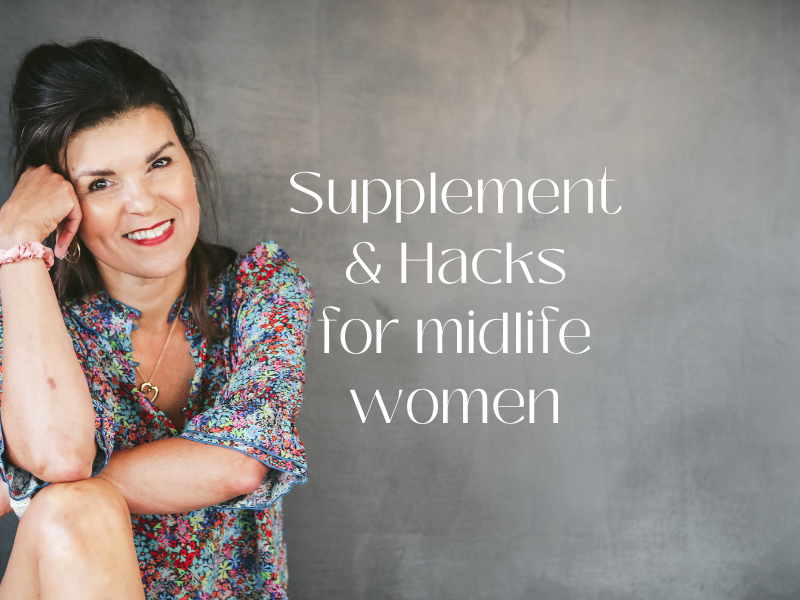n. Intuition – instant comprehension or insight without conscious reasoning!
Intuition is arriving at a decision rapidly without being aware of any analytical process. It is not some special, semi-clairvoyant power, more a well-honed reasoning process, operating in the background like system software; running swiftly all the time, you just don’t know it’s there! We are all capable of intuitive decisions and make them all the time, although we often don’t realise how frequently we’re on “autopilot”. However, when it comes to making food choices, decision making is often far from instantly insightful!
But why should it be so difficult to make decisions about something so fundamental?
Back in the day, our cave ancestors ate what they could find, when they could find it; end of! Fast forward to now, when we are bombarded with food abundance, bewildering choice, 24/7 availability and conflicting nutritional messages, and the answer is clear. Add to this serial dieting, addictive foods, a fear of gaining weight and other emotional factors and you’ll see it is no wonder that our “food compass” is prone to going a little haywire!
As yogis we are familiar with the concept of moving mindfully, bringing conscious attention to our breath and cultivating body awareness so we intuitively feel what’s right. It is these transferable skills that we can use to tune back in to our innate ability to nourish ourselves.
Overcoming Fear, Rules and the Diet Mentality
The idea of eating whatever and whenever you want may sound like madness; a helter-skelter towards eating anarchy that must surely lead to non-stop snacking and destine us to become obese in the blink of an eye! We’ve become used to controlling everything, so the thought of ditching the rulebook can seem terrifying. Plus, if you have become a “slave” to your bathroom scales then each time you jump-on, you move further away from listening to your body and instead react to every pound gained or lost.
But intuitive eating is not about guzzling everything in sight and capitulating to every craving, it is about eating the foods that your body wants; foods that will nourish you and leave you feeling energised. To overcome your fear you need to figure out what your body actually needs and this relies on you being able to understand:
- When you are truly hungry
- How much you need to eat
- What foods suit you best
Your body doesn’t understand diets and rules, it just needs to be properly fed; when it starts to feel depleted of nutrients and energy it sends out hunger signals. A fundamental step towards intuitive eating is bringing more conscious awareness to these signals. Dieting forces the suppression of hunger signals, leaving you vulnerable to over-eating later on and setting up a vicious starve/binge cycle. Plus, starving is a primitive signal to the body that life is difficult or dangerous, so prompts an outpouring of the fat-storing hormone Cortisol!
Learning to recognise real signals of hunger and then allowing them to guide you will help you to regain trust in yourself as you see that this way of eating does not cause weight gain.
If you are unsure if you are really hungry then you are probably not! In this situation it is best to pause, perhaps pour a glass of water or prepare an infusion. If you still think you are hungry after hydrating then its likely time to eat after all. Eating more slowly and stopping before you feel full is basic advice that can be difficult to follow when we are “oh so busy”. Ayurvedic medicine highlights the need to make time for our meals and to eat in calm surroundings; this helps us to notice when we’ve eaten enough and guards us against overeating. Another Ayurvedic recommendation to restore balance is to eat a light diet of gluten-free grains, plenty of steamed green vegetables and drink only water or tisanes. Keeping the diet simple as well as avoiding caffeine and sugar will also help to re-set your palette so you appreciate more subtle flavours and no longer crave sweet foods.
However, when “real life” strikes and we find ourselves in the supermarket ravenous after working late, or waiting for a delayed flight when all that beckons is a super-sized doughnut you need to find your inner yogi; pause, fill your lungs and set an intention to respect your body!
To understand what foods suit you best you need to challenge food rules or fads made up by someone else and get on with your own detective work. Keeping a food diary can pin-point how different foods make you feel; immediately after eating, a few hours later and then the next day. Interrogate your data to see if certain foods affect your mood or energy-levels? Are some foods leaving you bloated or causing stomach pain? Or do you feel ravenous within an hour, so you are back prowling your kitchen or raiding your fridge? It is also worth experimenting with food timings. Once you have some answers it’s time to act on what you have found out! Stop convincing yourself that it was watercress that left you bloated and bring scrutiny to the pizza you ate with it! In time you’ll learn to prioritise the foods that work best for you and let your body, not the clock, decide your meal times.
Identifying and Surrendering the Saboteurs!
Even if you’ve got the what, when and how much all sussed, unresolved emotional issues lurking in the background are intuition slayers! Problems can start in childhood; I’m sure every child gets told at some point to finish what’s on their plate, which starts to mess up satiety signals, sowing the seeds for an unhappy relationship with food. Parents who continually bicker, are overly controlling, critical, or battling their own completely bonkers relationship with food can also drive children to dysfunctional eating. This may start as comfort eating but can pave the way to compulsion, anorexia and/or bulimia.
Food addiction is another saboteur. If there’s a food you’d struggle to go without for a day then chances are there’s some dependency there! Foods to watch out for are those high in sugar and those containing gluten or dairy. Plus, alcohol is never going to let your intuition rule!
If any of the above resonates then it may be time to choose a path of less resistance, neither pushing away painful problems, nor trying to achieve unattainable goals. By surrendering attempts to control the past, and letting go of behaviours or beliefs that no longer serve you, it will become easier to understand your feelings so you no longer need to use food for comfort. Also, simplifying your diet and removing processed foods and unnecessary snacks can help you to de-clutter the emotions attached to your eating habits.
Finally there are the people who want to sabotage our best intentions; we all know someone who urges us to take another slice of cake or glass of wine and who is well- equipped with persuasive arguments if you resist!
Allow your intuition to alert you to these people who often have their own “issues” and who need you to wobble and fall to make themselves feel better. This is when you need to honour your own health, putting it first and the people with horns at the back of the queue!
Staying “in tune” with what you need to nourish your body is lifetimes work, requiring ongoing vigilance and refinement. But aim for consistency, rather than perfection and you’ll find that over time, cravings, weight gain and uncertainty about what foods you “should” be eating, become a thing of the past.







